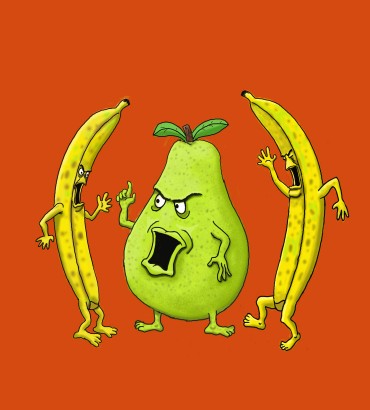I miss ice coolers.
You might not remember them, but back in the day, they were a staple of all mom and pop gas ‘n grocery stores. Y’know, those ramshackle wooden shacks on the side of the road with eatables and drinkables on the inside and a few rusty gas pumps on the outside ala “Green Acres.” They were almost always covered in bullet-pocked tin signs and smelled a little musty–and you could count on a jar or two of pig’s feet and pickled eggs next to the ancient crank cash register on the counter. But the real prize, the thing that pulled you out of your ‘65 Dodge, or your ’58 Chevy wagon, was right by the front, just a swing of a screen door away…
The ice cooler.
Nowadays you walk into a brightly-lit, antiseptic convenience store and select a soft drink from a glass case–all neatly stacked, all properly displayed, label side facing out. But back then…
…Back then you’d stick your hand into a six-foot tin-lined cooler swimming with ice and…rummage. There you’d find “Ski,” and “Wise Up Lemon Lime” with the winking owl logo; “Frosties” root beer; and, of course, “Nehi,” “Mission,” and “Bubble Up.” Then there were other brands that you might never see again; mysterious concoctions with evocative names like “Royal Palm,” and “O-So” and “Heart Club.” In tastes, exotic tastes…not just orange and cola and grape…but bubblegum, cherry, black cherry, blueberry–and ginger beer too. And the sounds, that unmistakable musical clink of bottles bobbing, rolling, and slushing like miniature buoys in an arctic sea…
It was magical.
And somehow the sodas just tasted better too…with the beads of water that you dried with your shirt. And the chill that hovered just above freezing.
And they were made with real sugar. No High Fructose Corn Syrup allowed.
Sometimes, oh yes, sometimes low-tech is better. That from a science fiction writer.
But maybe not quite so hygienic…

